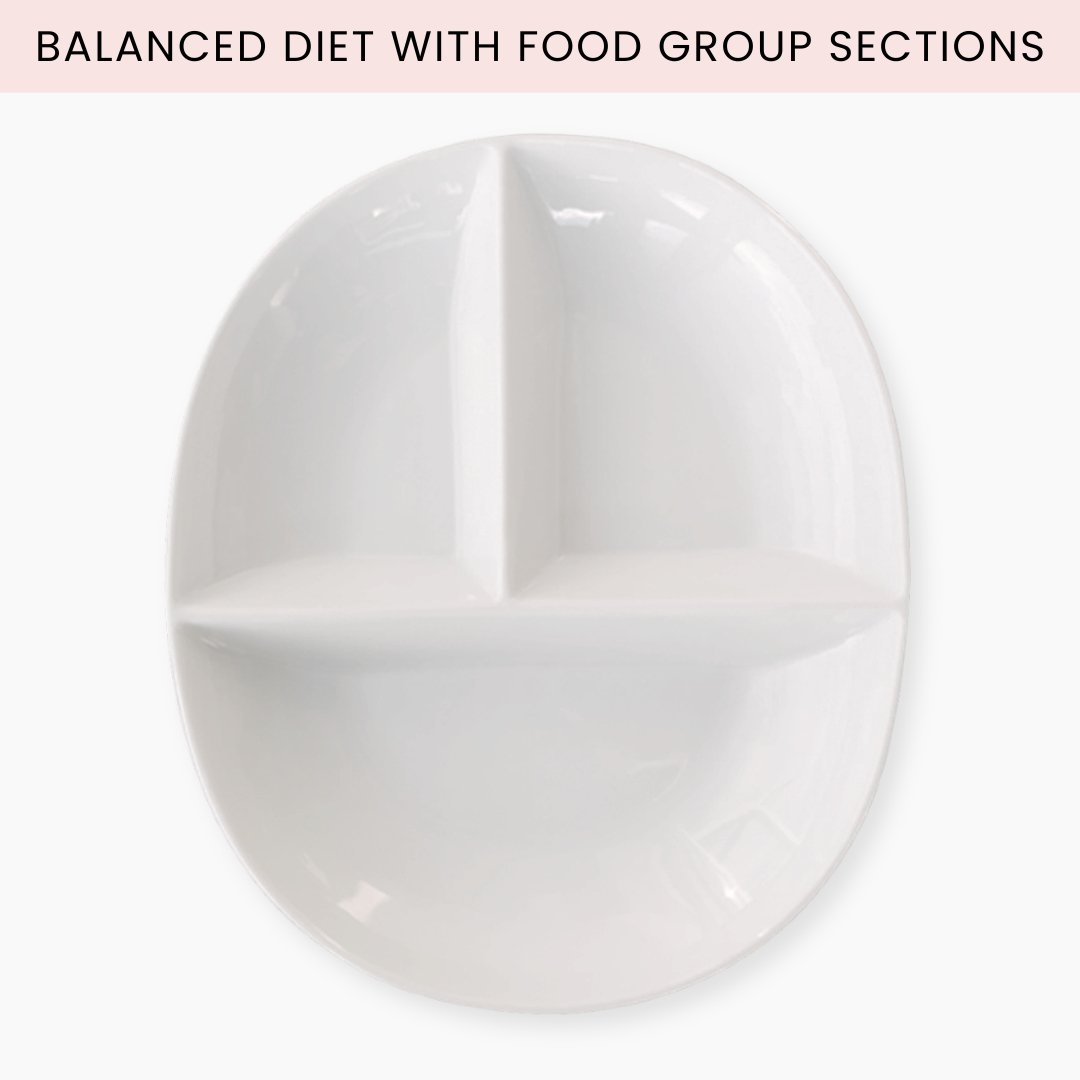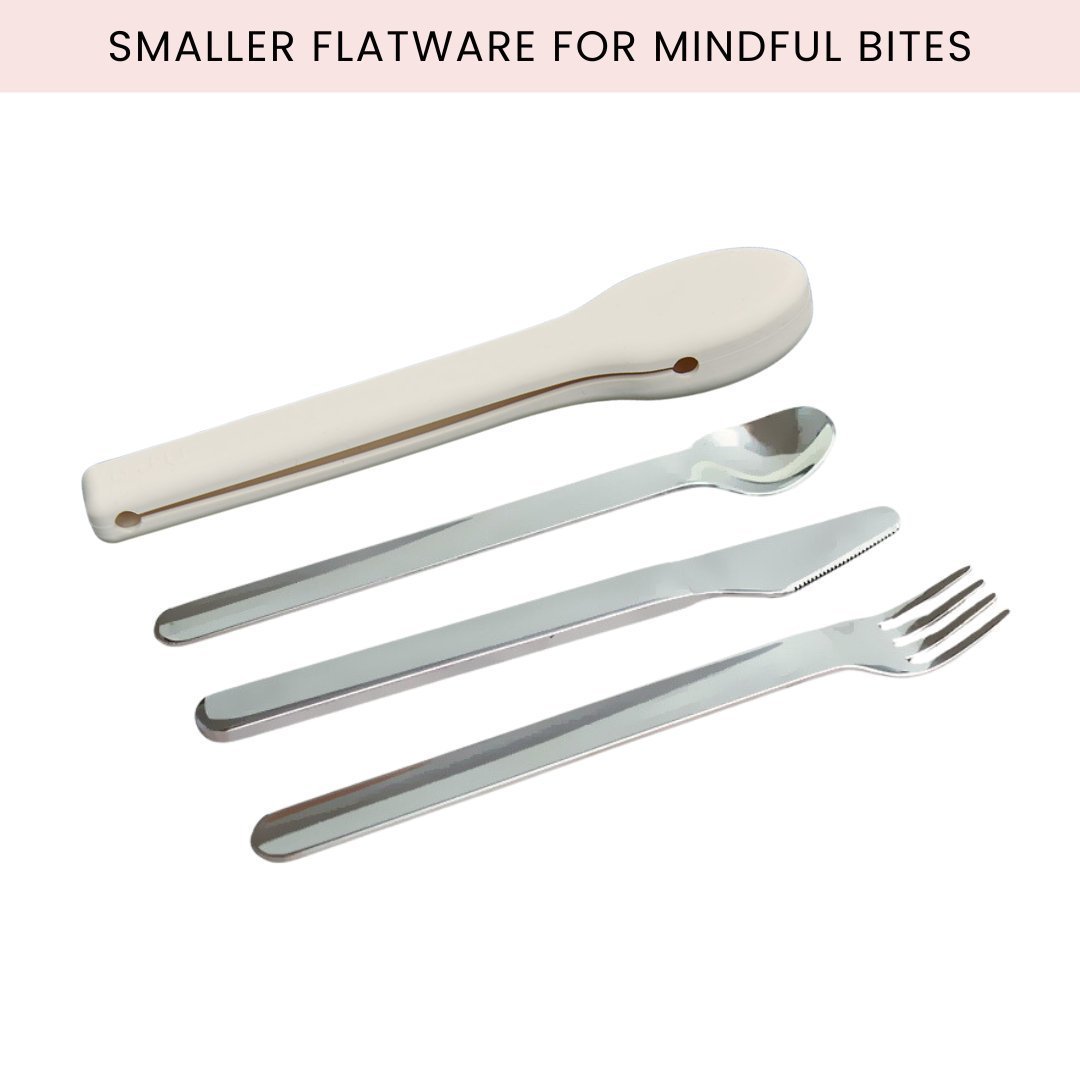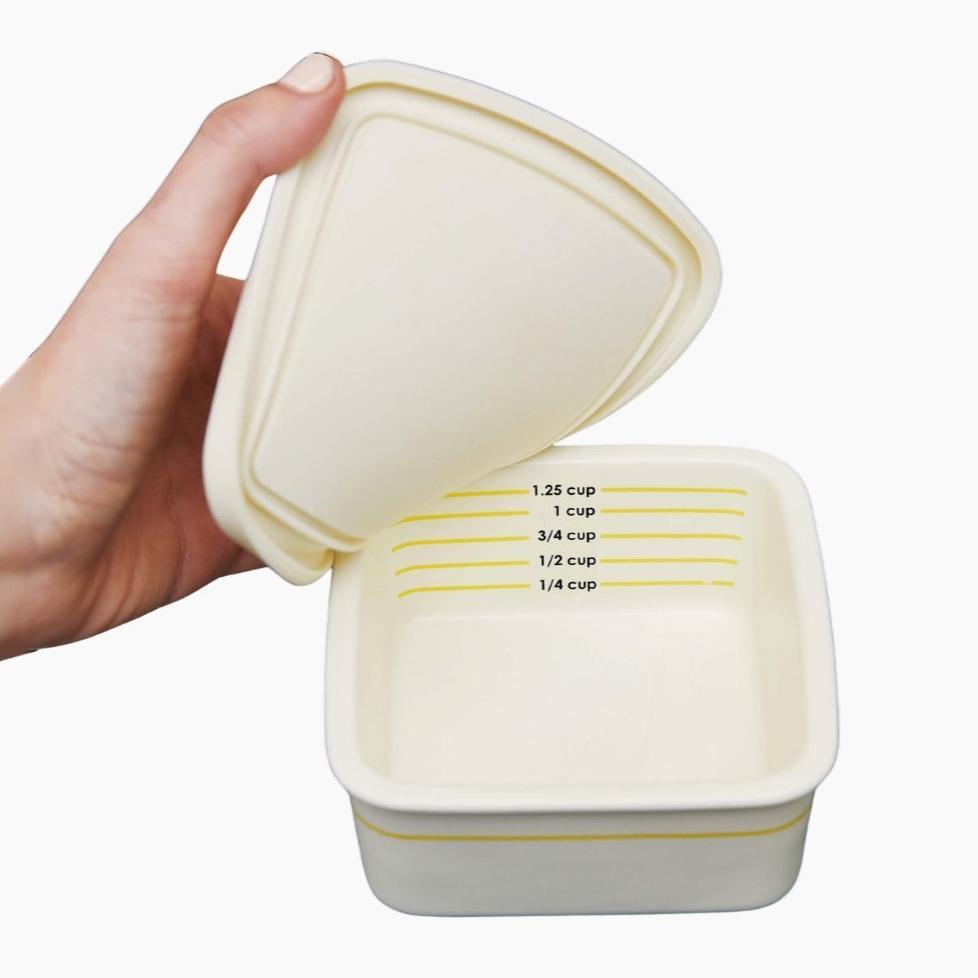What is the Mediterranean Diet?
The Mediterranean diet is a way of eating that is inspired by the traditional dietary patterns of countries bordering the Mediterranean Sea, such as Greece, Italy, and Spain. It emphasizes the consumption of fruits, vegetables, whole grains, legumes, nuts, seeds, and olive oil. This diet also includes moderate amounts of fish, poultry, dairy products, and red wine, while limiting the intake of red meat and processed foods.
Why Choose the Mediterranean Diet?
The Mediterranean diet has gained popularity due to its numerous health benefits. Research has shown that following this eating pattern can reduce the risk of heart disease, stroke, and certain types of cancer. It is also associated with a lower incidence of obesity, diabetes, and Alzheimer's disease. Additionally, the Mediterranean diet is known for its positive effects on overall well-being and longevity.
How to Get Started
If you're interested in adopting the Mediterranean diet, here are some steps to help you get started:
1. Base your meals on plant-based foods
Make fruits, vegetables, whole grains, legumes, nuts, and seeds the foundation of your meals. Aim to fill at least half of your plate with these nutritious foods.
2. Choose healthy fats
Replace unhealthy fats, such as saturated and trans fats, with healthy fats like olive oil, avocados, and nuts. These fats are rich in monounsaturated and polyunsaturated fatty acids, which are beneficial for heart health.
3. Include fish and seafood
Eat fish and seafood at least twice a week. They are excellent sources of omega-3 fatty acids, which have anti-inflammatory properties and are important for brain health.
4. Limit red meat and processed foods
Reduce your intake of red meat and processed foods, as they are high in unhealthy fats, sodium, and additives. Opt for lean sources of protein, such as poultry and legumes, instead.
5. Enjoy dairy products in moderation
Include moderate amounts of dairy products, such as yogurt and cheese, in your diet. Choose low-fat or Greek varieties for a healthier option.
6. Stay hydrated
Drink plenty of water throughout the day to stay hydrated. You can also enjoy herbal teas and infusions, and limit your consumption of sugary beverages.
7. Be physically active
Combine a healthy diet with regular physical activity. Aim for at least 150 minutes of moderate-intensity exercise, such as brisk walking or cycling, per week.
Conclusion
The Mediterranean diet offers a delicious and nutritious way of eating that promotes good health and well-being. By following the steps outlined above, you can easily get started on this beneficial dietary pattern. Remember to consult with a healthcare professional or registered dietitian before making any significant changes to your diet.









